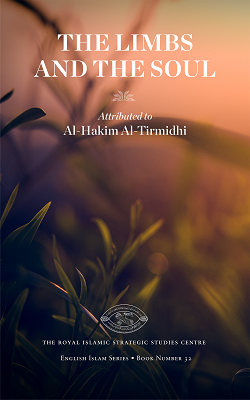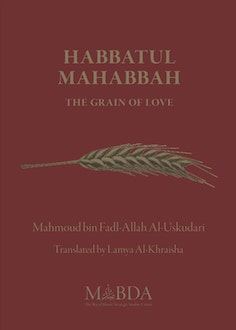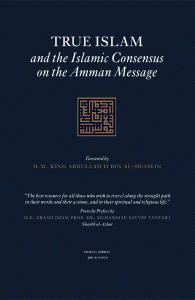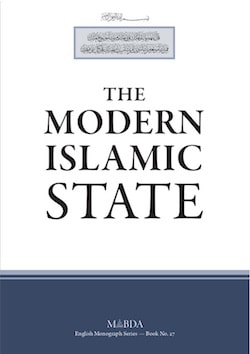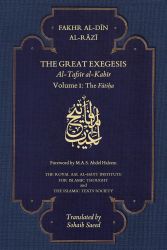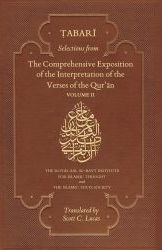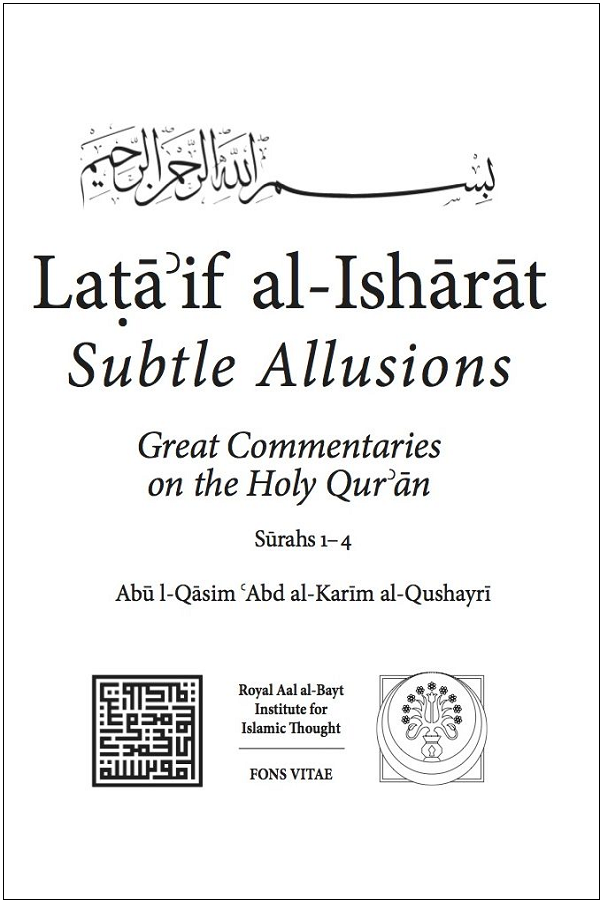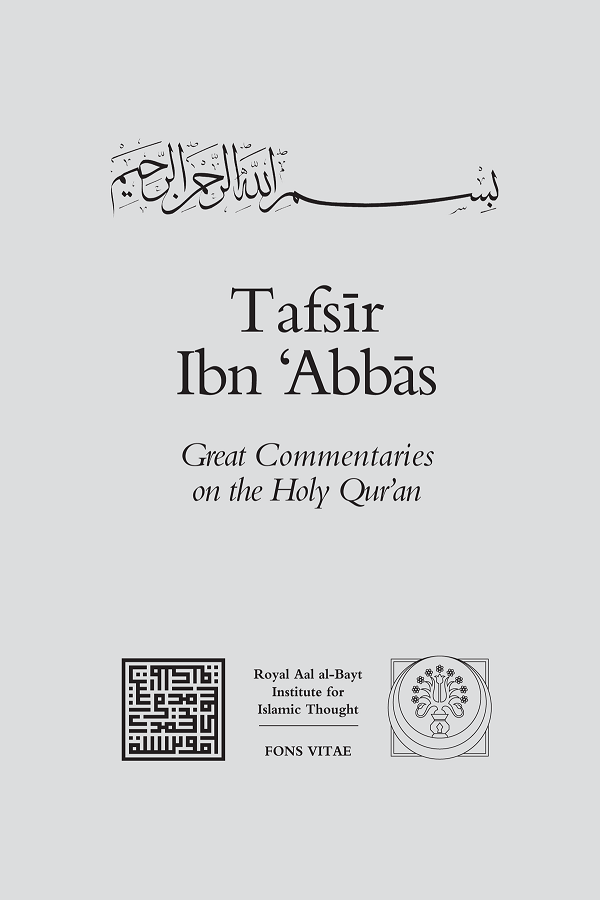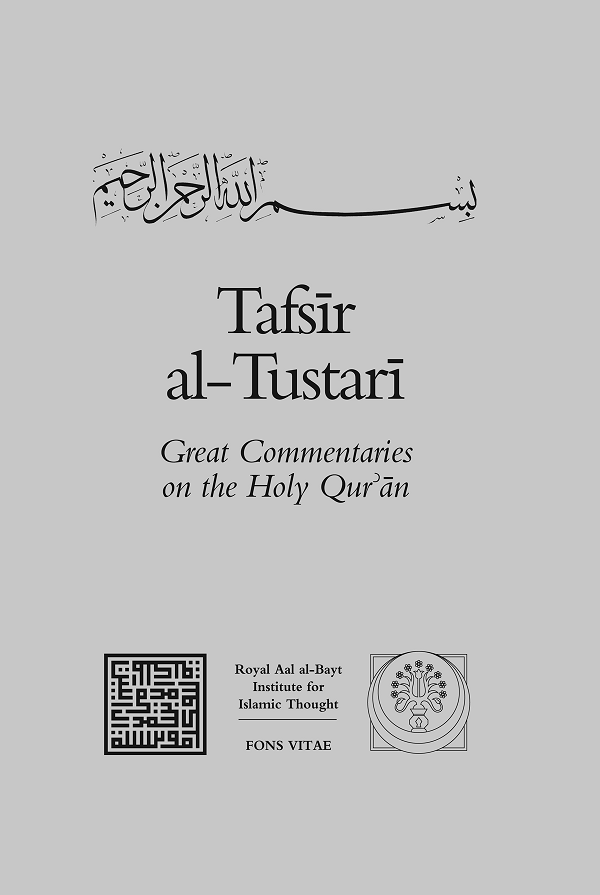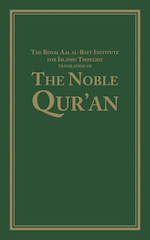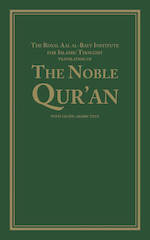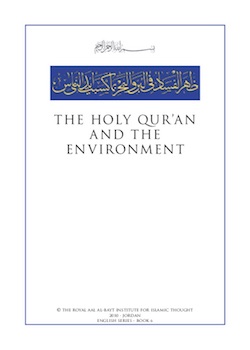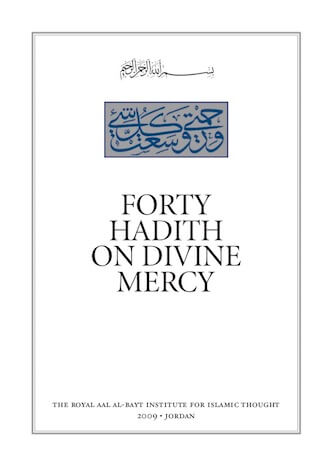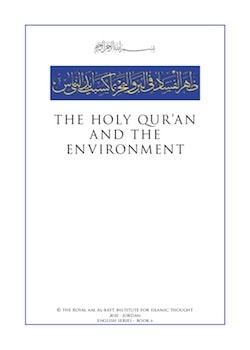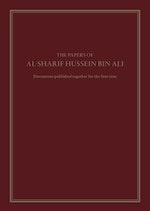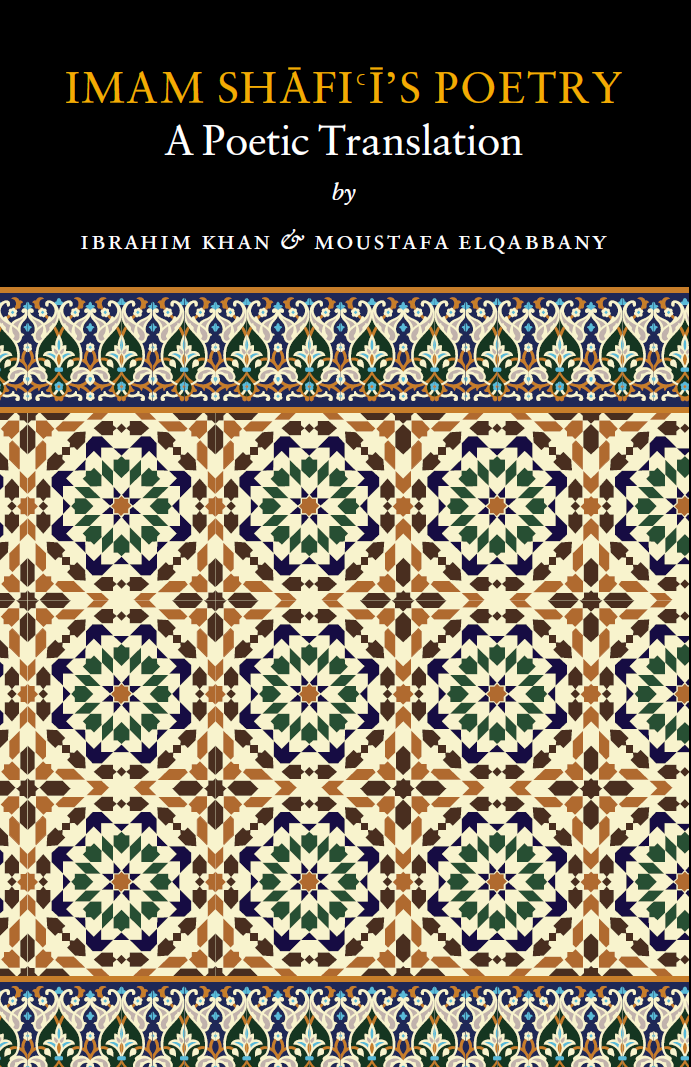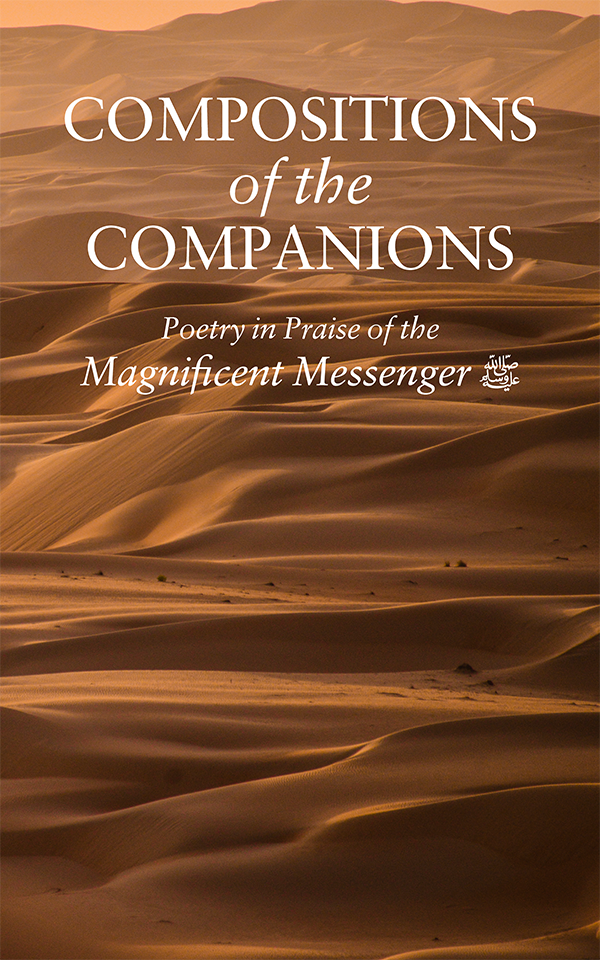The Warner Dualism
Bill Warner, of the Center for the Study of Political Islam, has set out to answer the question: “Is a Nice Muslim a Good Muslim?” In his indictment of Islam as a hate-mongering, dualistic religion, he presents readers with a dualistic vision of his own—that the world around them is comprised of “good Muslims” and “bad Muslims,” of those who follow Islam, and those who do not. His purpose is to educate those in religiously diverse communities that far from being proof that Islam is a religion of peace, “nice Muslims” are a death knell. He brings up some important points, but let’s examine them more closely.
Untruths
Warner claims that Islam divides humanity into Muslims or Kafirs. This basic dichotomy does not exist.1 His next point, that any Muslim who does not act in complete accordance with the doctrine of Islam is considered a Kafir, is also false2. Warner makes other false claims about the Holy Qur’an and Hadith—that they contain no “Golden Rule,”3 and that they encourage the annihilation of every Kafir. The only thing he convinces educated readers of is his lack of understanding of the Qur’anic text and non-academic approach to its exegesis.
The problem with this article is not that Warner is indubitably convinced that the nice Muslims around him are all out to get him. It is his amateur endeavor to parse what he considers Islamic doctrine, without any formal education or instruction in Qur’anic study (secular or religious) that should be cause for concern. His article represents a growing trend—that may be traced back to the aftermath of the September 11th terrorist attacks when sales of the Qur’an reportedly increased—in which anyone with an axe to grind can pick up a copy and make any claims based on excerpts taken out of context. Warner’s article is a perfect example.
But why can’t anyone just pick up a book that’s meant to be read by all? No one is discouraged from reading the text of the Qur’an and understanding it for himself. If one wishes to interpret the text, however, the sound scholarly process of Qur’anic exegesis cannot be thrown out entirely. Just like the rigorous academic process behind the interpretation of secular historical documents, a similar standard applies to religious texts.
Incoherent Logic
Besides falsely deriving the definition of Kafirs as those who do not follow Islamic doctrine and those who are “bad Muslims,”4 Warner makes a series of statements that make no sense. “This means that a person called a Muslim has two modes of being-Muslim and kafr, or kafir-Muslim. The same person can be a Muslim in one moment and a kafir in the next.”
He claims that Islamic texts call for the elimination of all Kafirs and then states, that “Every Muslim believes that all nonbelievers are Kafirs.” In all cases his inferences are flawed and baseless.
Manipulative Argumentation
Another tactic that Warner employs is manipulating his readership to fear Muslims in religiously diverse communities. He wants people to think that the Muslims around their neighborhoods and workplaces may seem nice on the surface but harbor a deep-seated agenda to maim and kill anyone outside the fold of Islam. He bases these claims on what little he understands of the Qur’an and Hadith as well as media coverage of recent events such as the Fort Hood shootings and airplane bomb-threats.
Short of repeating the oft-used arguments that violent acts committed by Christians5 are not used to charge Christianity as a religion of violence6, or that the actions of a few radical Muslims should not represent the majority of law-abiding Muslims across the globe—let’s venture to answer Warner’s fundamental question. “How do you even tell if a Muslim is bad or good?” You don’t.
The hope is that when people are faced by manipulative news coverage and fear-mongering diatribes on Islam, they will not immediately categorize those around them as good or bad. Just as religious texts should be contextualized, through an exhaustive and scholarly approach, our neighbors, co-workers, and even perpetrators of violence on the news must be contextualized as well. They must be understood in terms of the society and upbringing that have formed their religious identities, and the politics and movements that have catalyzed their actions.
Understanding the world as Warner does, as good versus bad, us versus them, and Muslims versus non-Muslims is as misleading a dualism as he makes Islam to be.
[1] Those who have not received the message of Islam and thus have not the opportunity to embrace Islam cannot be categorized as Kafir. Therefore, the statement that all non-Muslims are Kafir is incorrect.
[2] What makes one a Muslim is the act of shahada or proclaiming that Allah is One and that the Prophet Muhammad is his final messenger. If a Muslim then fails to follow the Prophet’s example and dictates of the Qur’an, he is falling into sin, not necessarily disbelief. A sinful believer is not a non-Muslim, as Warner claims.
[3] "None of you [truly] believes until he wishes for his brother what he wishes for himself." Number 13 of Imam "Al-Nawawi's Forty Hadiths."
[4] For an interesting take on this newfound interest in labeling Muslims good or bad, read Mahmood Mamdani’s “Good Muslim, Bad Muslim: America, the Cold War, and the Roots of Terror.”
[5] The 1995 Oklahoma city bombing is often used as an example.
[6] For more information, read “Body Count; A Quantitative Review of Political Violence Across World Civilizations” for an extensive analysis of the human death toll of religious and political violence from the last two millennia, at www.rissc.jo.


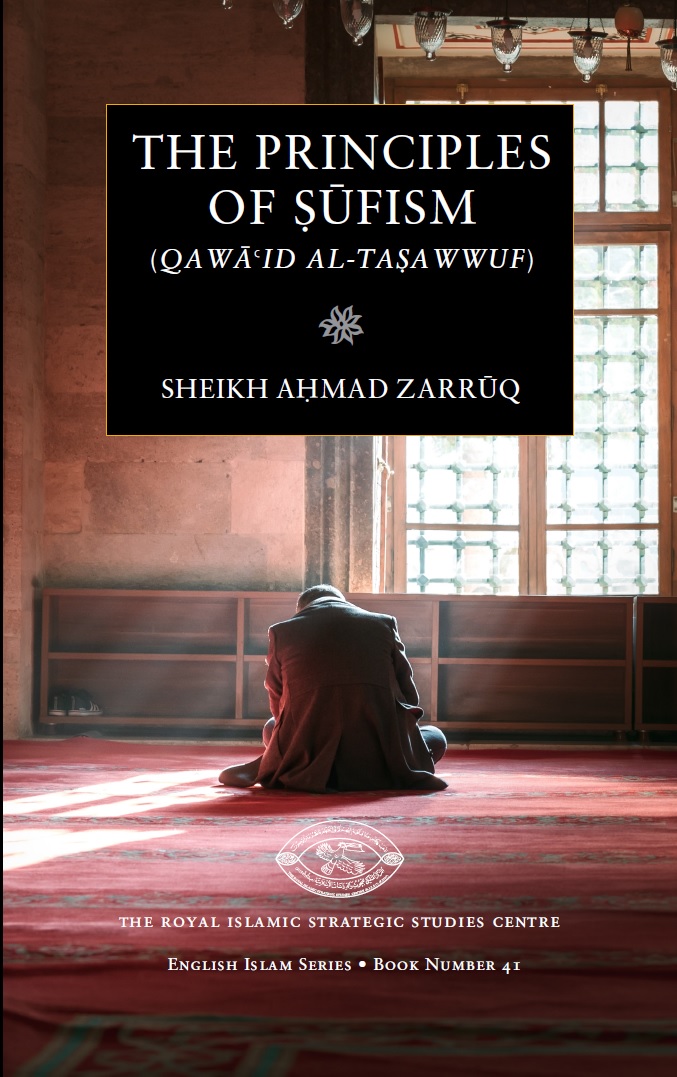
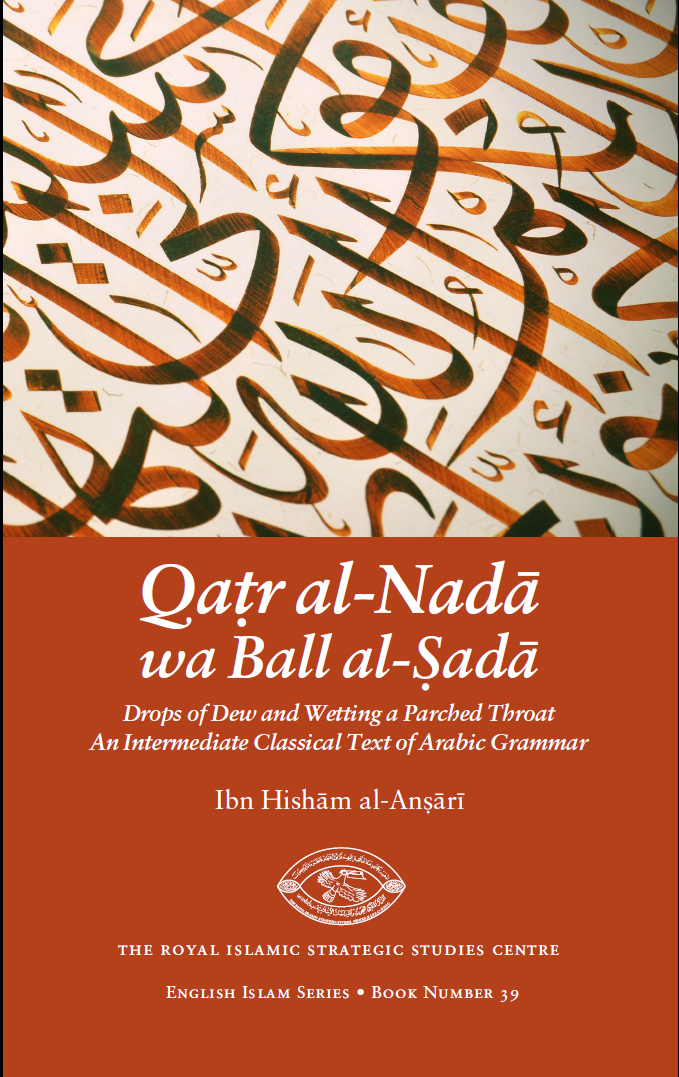
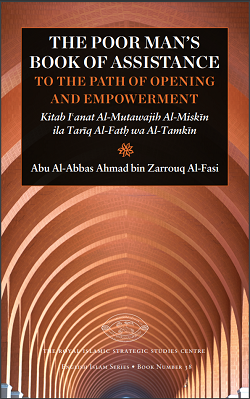
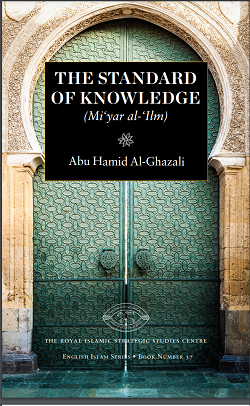
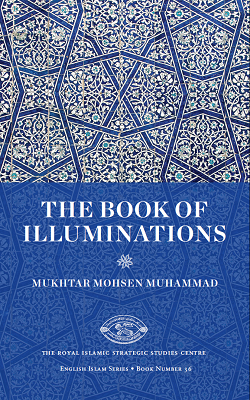
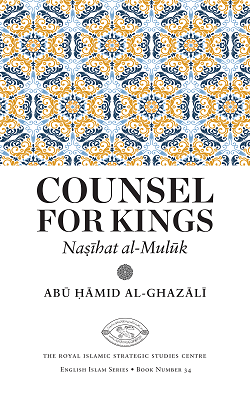
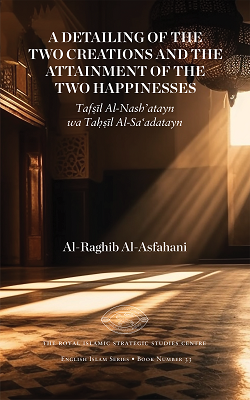
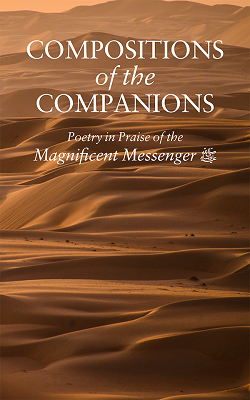
![OrnamentsofGatherings_EnglishArabic_BookSingles_05-06-23[63]_Page_001](https://rissc.jo/wp-content/uploads/2023/06/OrnamentsofGatherings_EnglishArabic_BookSingles_05-06-2363_Page_001-scaled.jpg)
